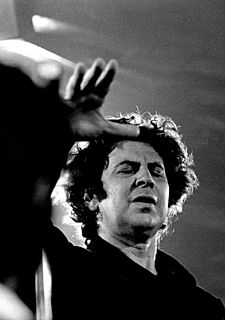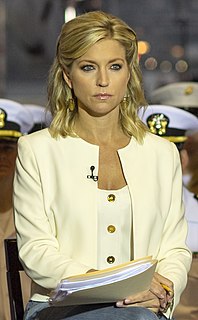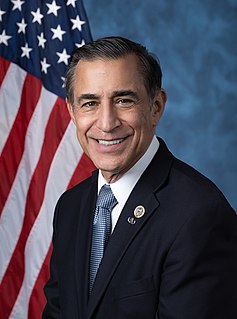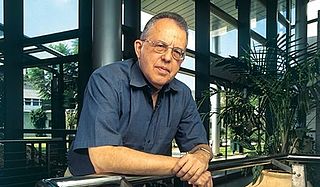A Quote by Dee Rees
Both grandfathers fought in different wars. My mother's father fought in World War II, and then my father's father fought in Korea. And they're both these country boys, one from rural Tennessee and one from rural Louisiana - and they never went back home.
Related Quotes
Both of my grandfathers fought in the Second World War, and my great-grandfather died at the Somme in the First World War. I never truly believed that the War just finished and everyone was happy-clappy, brought out the bunting, and felt everything was okay again. That's definitely not my impression of the fall-out of war.
We are constantly trying to cope with what our fathers or our grandfathers did. I wrote the book 'Great War of Civilization,' and my father was a solider in the First World War which produced the current Middle East - not that he had much to do with that - but he fought in what he believed was the Great War for Civilization.





































